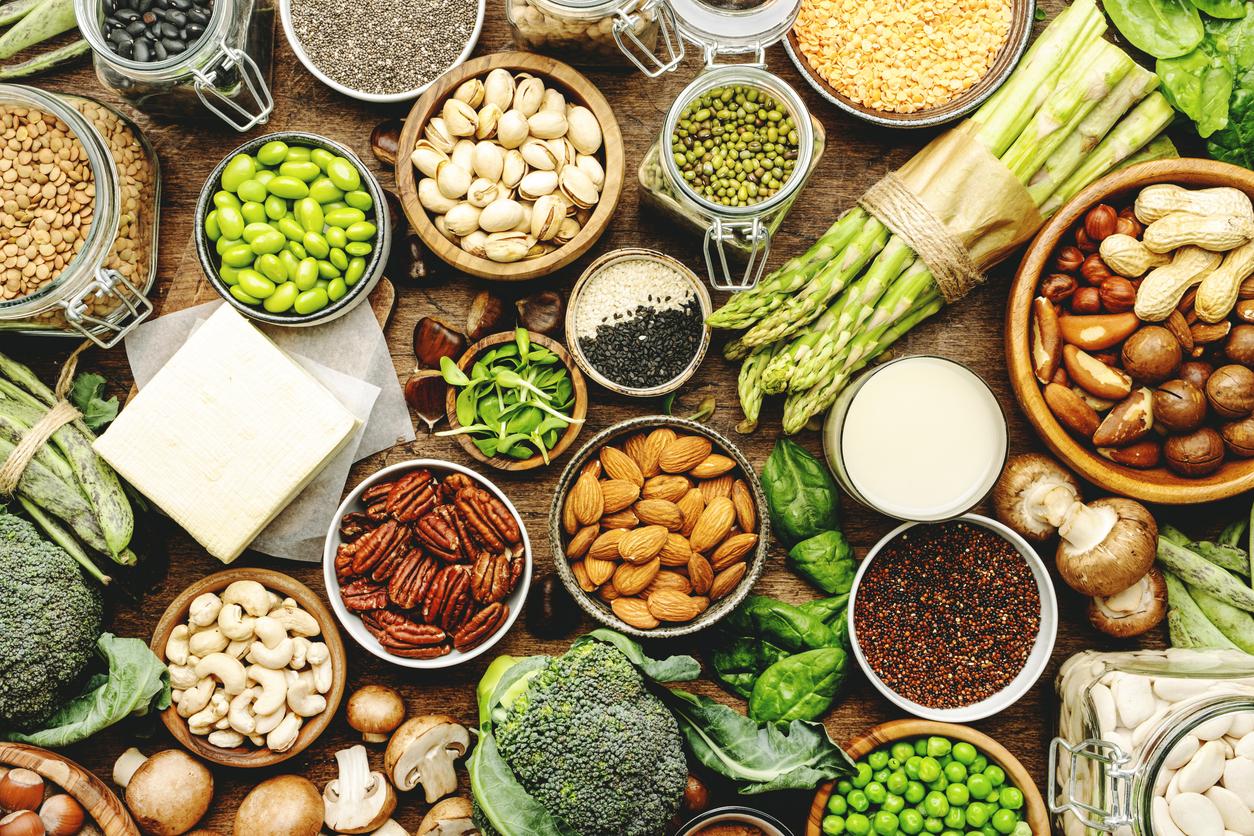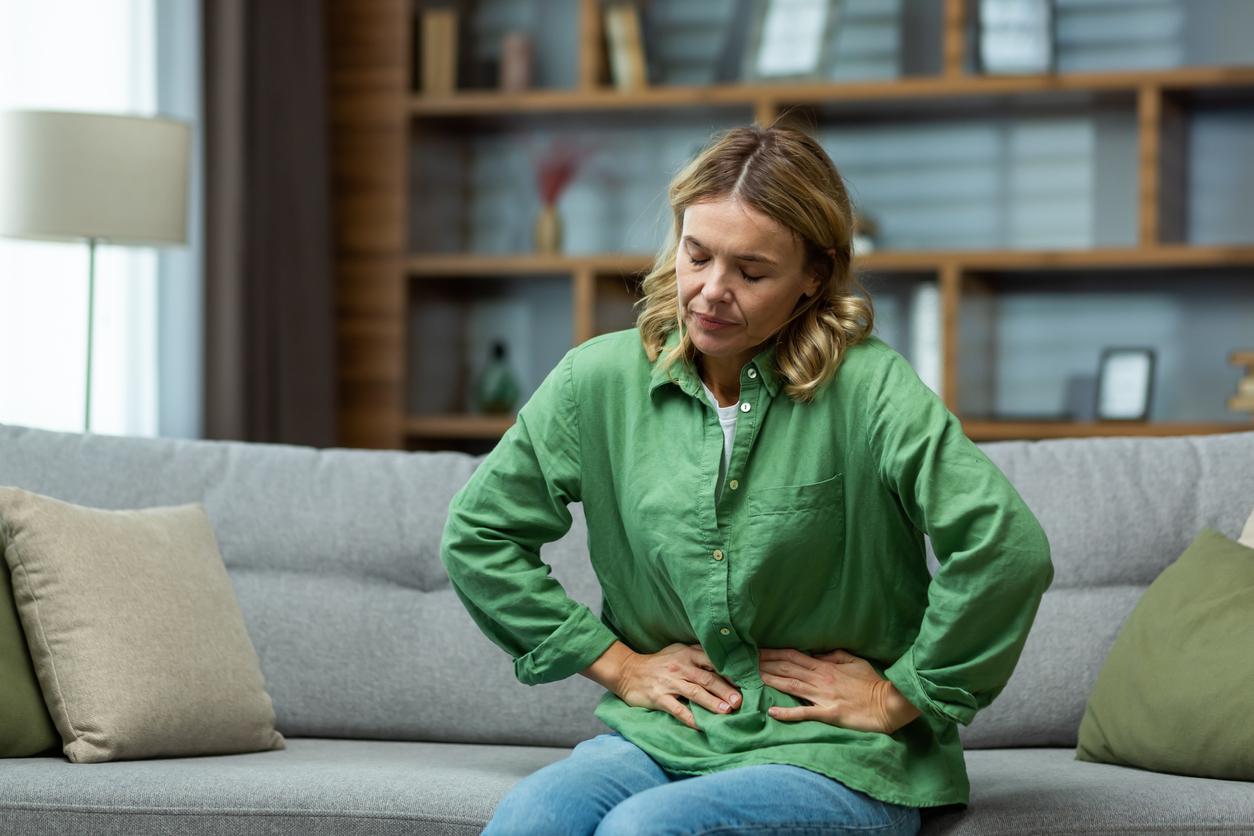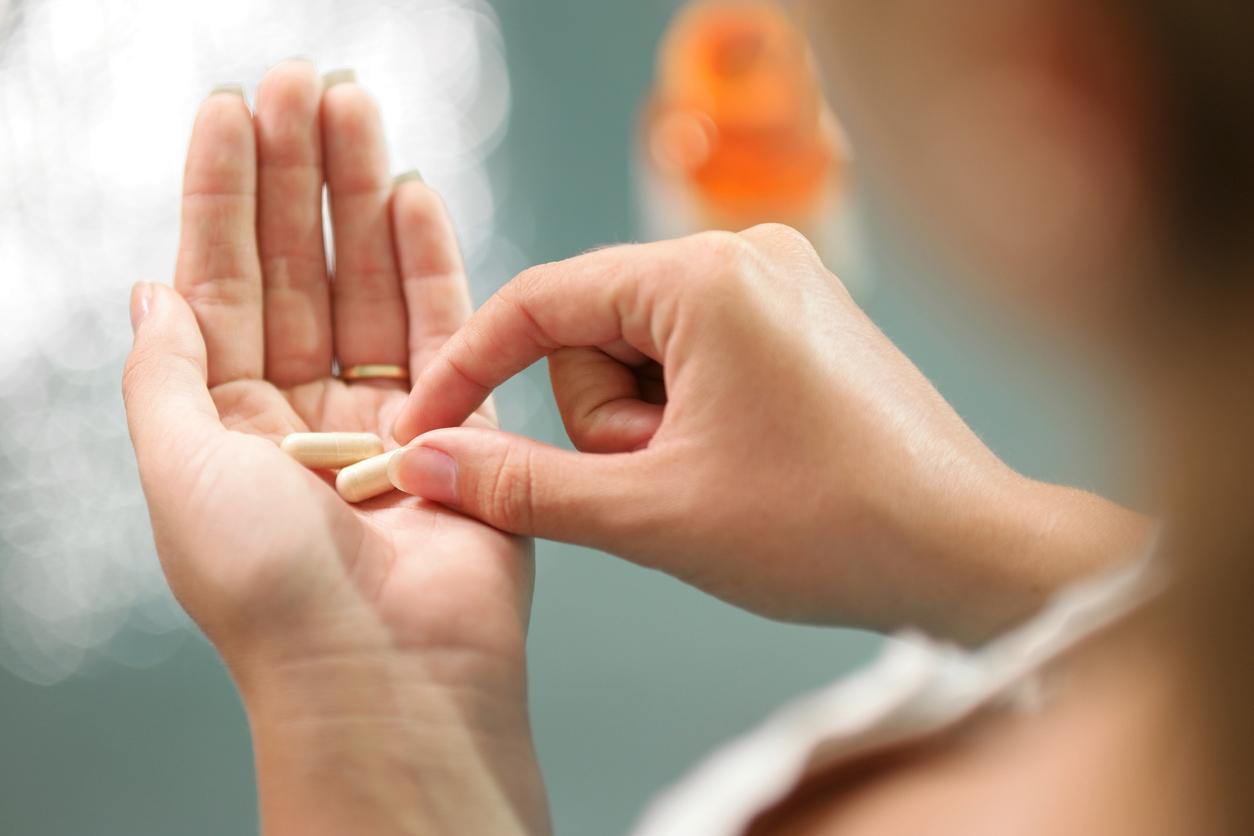Fat, the less we consume, the better for our health
False : since lipids are more caloric than carbohydrates and proteins, they are often the ones that pay the price of a low-calorie diet. By removing oil from our diet, there is a risk of unbalancing the intake of fatty acids by promoting saturated fatty acids, provided mainly by animal fats. “So not only do we deprive ourselves of the beneficial effects of omega-3s on cardiovascular risks, but we increase them by having a dominance of saturated fatty acids in our diet”, explains Nathalie Négro, dietitian and head of the Brides-les-Bains thermal baths nutritional center.
Indeed, rapeseed and walnut oils for example, rich in omega-3, and therefore excellent for the cardiovascular system. The oils also provide vitamin E, a powerful antioxidant, necessary in the prevention of atherosclerosis. Butter provides vitamin A, like dairy products, orange-fleshed fruits and vegetables (in the form of beta-carotene) and fatty fish.
It is not recommended to go to bed after the meal
False : you can lie down after a meal if you feel tired. “On the other hand, watch out for meals that are high in fat, the digestion of which is long and difficult and can disrupt sleep. While a meal rich in carbohydrates will cause drowsiness due to the increased production of serotonin, whose action is sedative and makes it easier to fall asleep, ”recalls Nathalie Négro.
We can drink while we eat
True : “Drinking while eating does not dilute the digestive juices and therefore does not in any way hinder their action,” recalls Nathalie Négro.
Taking small cuts while drinking also makes it possible to take breaks during the meal, to eat less quickly and therefore to facilitate the feeling of satiety. On a daily basis we must drink 1.5 liters of water per day. Hydrating during meals helps achieve this daily amount.
“On the other hand, be careful not to drink after each bite: the water is not made“ to lower the meal ”; in this case, chewing is less important, we eat faster, we do not give the body time to feel full and therefore we end up eating too much and feeling bad, ”explains Nathalie Négro.
Breakfast should be a king’s meal, lunch a lord’s meal, and dinner a poor man’s meal
False : if there is an ideal distribution of energy intake on a daily basis, it is in fact just important to balance calorie intake and expenditure. “The calories included in dinner foods are not more easily stored than those from other meals, since we continue to expend energy even at rest” recalls Nathalie Négro.
The most fatty fish is less fatty than the leaner of meats
False : there are lean fish (less than 4% fat), fat (25% mg) and lean meats at 2.5% mg. So the fattier fish are more fatty than the lean meats.
“What differs is the quality of the fatty acids that make up their fats: in fact, fish contain unsaturated fatty acids, mainly omega-3 fatty acids, which protect the cardiovascular system, while meat (except poultry) mainly contain saturated fatty acids (harmful to the cardiovascular system if consumed in too large a quantity), ”recalls Nathalie Négro.
Consuming fish, including fatty fish, twice a week minimum is a major asset for our health.
Infographic: the fatty acid composition of vegetable oils
I rebalance my fat intake
A cottage cheese with 3.6% fat is equivalent to another with 20%
True : since 2004, the legislation on the display of fat content for dairy products has been amended. “Indeed, the expression of the percentage of fat contained in a dairy product is no longer done in relation to the dry extract but on the finished product (or total weight): that is to say that a cheese white, formerly at 20% fat, now announces 3.6% fat “, explains Nathalie Négro, dietitian and head of the Brides-les-Bains thermal baths nutritional center.
Eating Apples Lowers Your Cholesterol Levels
True and false :apples are rich in pectin, which like all fibers, has the power to trap some nutrients, including cholesterol.
“However, you should consume at least 1 kg of apples with their skin per day for there to be a significant effect,” explains Nathalie Négro. Suffice to say that it is not possible …
“If the problem of cholesterol comes from a dietary imbalance, a balanced diet will ensure superior results, ”recalls the dietician.
Eating Apples, Is It Really Good For Your Health?
Cornstarch (cornstarch) is as high in calories as wheat flour
True : the calorie intake of wheat flour and cornstarch is the same because it contains the same amount of carbohydrates. “However, corn starch (Maïzena) has a higher binding power: it has the advantage of cooking sauces without adding fat” recalls Nathalie Négro.
Whole foods have more calories than refined foods
False : carbohydrate intake from whole foods is similar to that from refined foods.
“On the other hand, as they contain the husk of the cereals, whole foods are richer in fiber, vitamins and minerals. Thanks to this fiber intake, they fill you up more quickly and, slowing the absorption of carbohydrates in the intestine, they allow you to keep the feeling of fullness longer, ”explains Nathalie Négro. The optimal intake in a day is 25 to 30g of fibers.
It is advisable to avoid the association “bread + starchy foods”
False : as these foods belong to the same food group, it is important not to exceed the recommended daily amount according to the profiles. “But it is interesting to know that the carbohydrate equivalent of 40 grams of white bread is 100 grams of cooked starch,” recalls Nathalie Négro.
A dose of whiskey (4 cl) has more calories than a “half” of beer
False : “The caloric value of the usual dose of beer, ie 250 ml, is greater than that of a dose of 4 cl of whiskey: even if the amount of alcohol is the same, the beer also contains sugar”, explains Nathalie. Nigga. The whiskey at 40 ° only contains alcohol: 32 g for 10 cl. A dose of whiskey taken in a bar corresponds to 4 cl, therefore 12.8g of alcohol,
or 12.8 x 7 = 89.6 kcal. Beer, on the other hand, contains alcohol and sugar: 4g of alcohol and 4g of sugar for 10 cl of beer at 5 °. Half a beer at 5 ° (25 cl) therefore contains: 10g of alcohol and 10g of sugar, i.e. 10 x 7 + 10 x 4 = 110 kcal.
“But beware of the doses served at home which are much more generous”, recalls Nathalie Négro, dietitian and head of the Brides-les-Bains thermal baths nutritional center.
Read also:
Eat better to live longer in good health
Adopting a balanced diet is not that complicated!
I rebalance my sugar consumption















